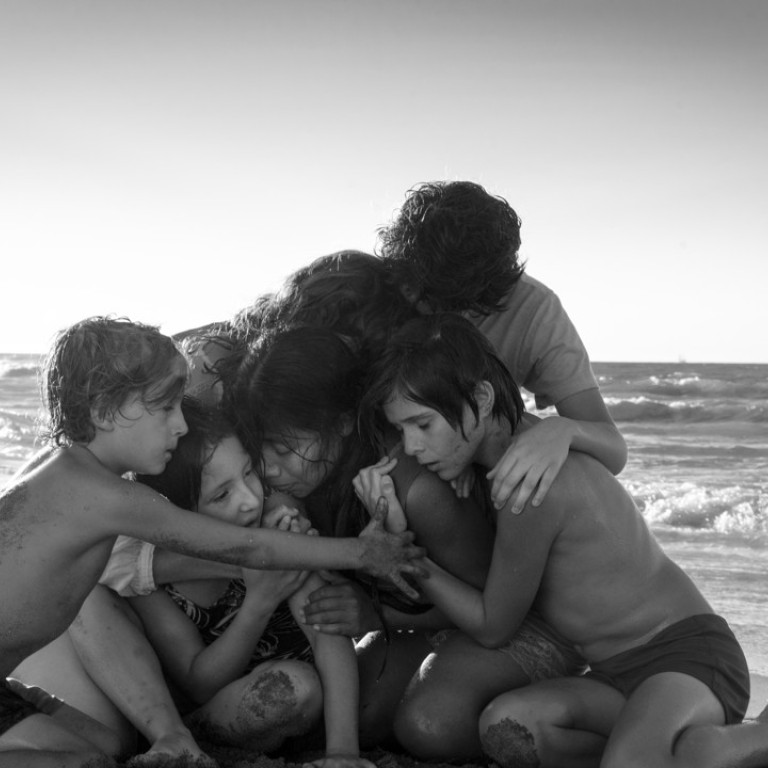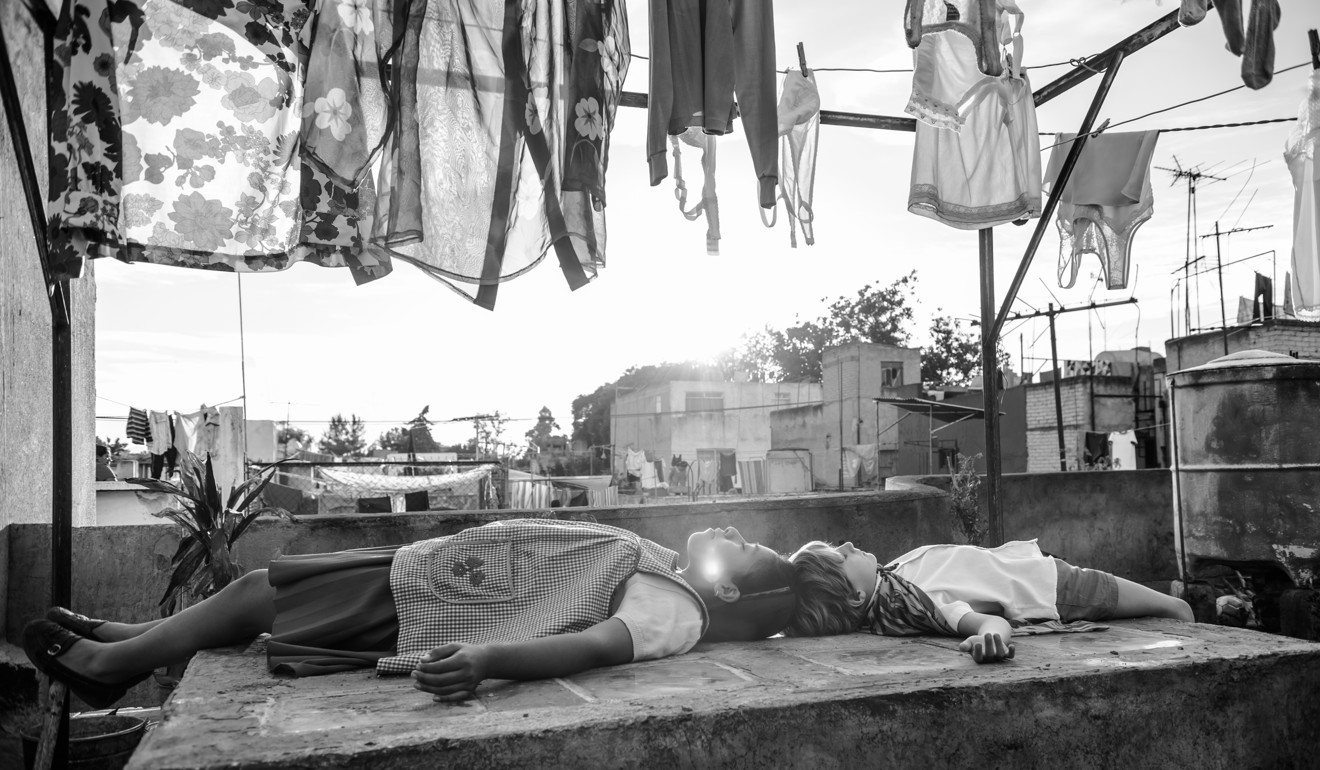
Review | Roma film review: Alfonso Cuarón’s Netflix-based Venice Golden Lion winner is one of the great films of this century
- A black-and-white love letter to his childhood through the eyes of the maid who raised him, this is the Mexican director’s masterpiece
- Film builds slowly through some astounding scenes, building up to narrative explosions, and immersing you in Cuarón’s universe
5/5 stars
Mexican maestro Alfonso Cuarón returns with his most personal film yet, Roma. Embracing some of the virtuoso techniques he deployed on his bigger-budget spectacles, Gravity and Children of Men , it’s a beautiful black-and-white love letter to his own childhood in early 1970s Mexico City, glimpsed through the eyes of the maid who raised him.
Widows review: heist thriller by 12 Years a Slave director Steve McQueen
Bankrolled by Netflix, Roma will be available to subscribers of the streaming platform in December, but it would be foolish to miss the limited chance to see this in cinemas, if you can. Cuarón, who was his own cinematographer, has crafted some indelible images that simply cry out to be seen on the biggest screen possible. Frankly, this is his masterpiece.
At the film’s heart is Cleo, played by non-professional newcomer Yalita Aparicio. A woman of few words, Cleo is the glue that holds the film’s rowdy family together – mother Sofia (Marina de Tavira), father Antonio (Fernando Grediaga) and their four children. While she’s left dealing with the fallout from the parents’ marital troubles, Cleo must also contend with her own unwanted pregnancy through a brief encounter.
Cuarón takes considerable time in establishing just where this movie will go. He’s obsessed by minuscule details, like the way Antonio drives his Ford Galaxy into their compact garage, inching the car in with maximum care. For the first half, it’s best to relax into the acutely observed world he’s created before waiting for the explosions to come – and they will.
After this early leisure, Cuarón incrementally builds with some astounding scenes – from Cleo in hospital as she gives birth to the breathtaking finale on the Veracruz beach. It’s a film that catches you unawares, immersing you into a universe so thoroughly that you can practically inhale it.
With real-life events – the Corpus Christi massacre of student demonstrators in Mexico City in 1971 also features – folded into the very minutiae of life, Cuarón has created one of the great films of this century.

Roma opens on December 13

 (1).JPG?itok=0BHk6odg&v=1665981271)